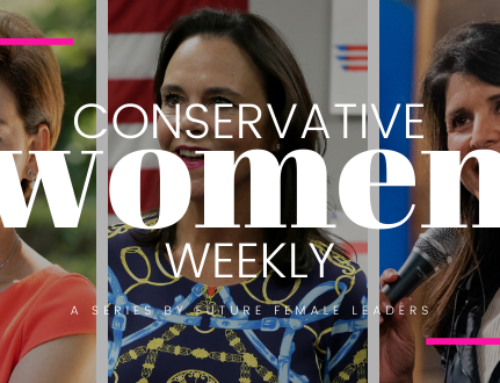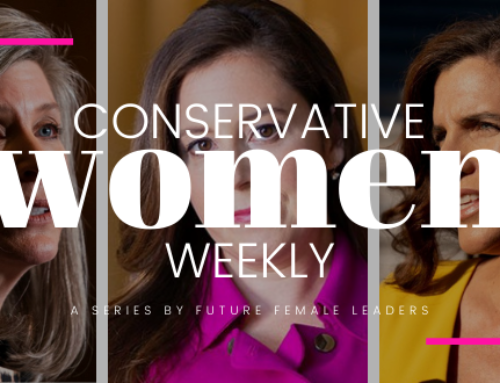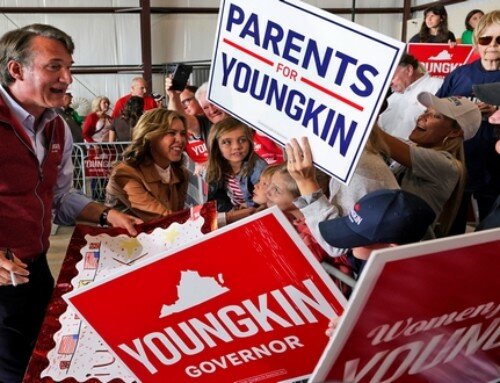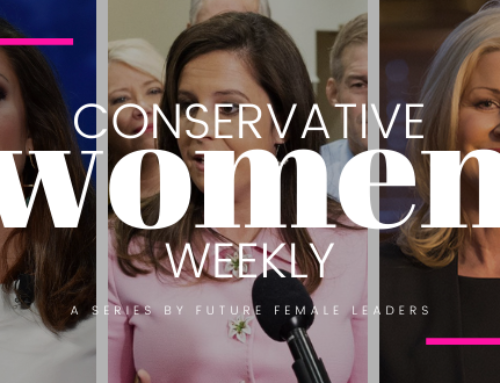Hi. My name is Sara, I’m a senior in college, and I’m against making public universities “free” (aka – funded by taxpayers, but “free” to the students currently attending). I will admit that in theory, free college seems like a pretty sweet deal. I would love to not have to worry about paying tuition. I’m sure almost every college student feels the same way. However, we need to remember that there is no such thing as a free ride. Every program must be funded. “Free” college would be no different. In order to fund such a program, the government would have to raise taxes, taking more money out of the pockets of citizens. As a college student, who pays no income tax, that might sound like an awesome deal. Eventually, college students will become taxpayers. They probably won’t be too happy about having to pay an absurd amount in taxes. However, this is not the only reason that I’m against “free” college. While I am against taxation, there are a multitude of other reasons why I believe that “free” college is not only a horrible idea, but also one of the worst ideas that has ever been discussed in American politics.
1) To make college “free” today would be incredibly unfair to those who have already worked their tail off to put themselves through college without parental or other outside assistance. Oh, you overcame multiple financial setbacks in order to graduate college? Well, now we are making it free. You will have to pay higher taxes to fund it. What a way to reward hardworking students.
READ: 7 Alternatives To Attending A 4 Year College
2) While college tuition can be expensive, there are multiple ways to minimize the cost, even for students from low income families. Doing a year or two at community college to take general education courses at a fraction of the price, attending a public, in-state university, and working to get the grades and test scores needed for merit-based scholarships are all great ways to minimize the cost of college tuition. Plenty of people are able to graduate college without parental help and minimal to no student loans. Stop making excuses, and start working for it. I have no sympathy for people who chose to attend an expensive private university for four years and major in women and gender studies. You chose it. You have to pay for it.
3) Free tuition would limit choice. Private institutions would likely struggle to compete with free public universities. If I work hard my entire life, make good money, and want to send my child to the best college possible – shouldn’t I have that option? It’s the essence of capitalism that hard work equals more money equals better choices. What’s the incentive to work hard in order to make more money if you can’t purchase better services or items with that money?
4) The government would be directly providing aid to universities, making tuition free. The government would also be able to exert more control over said universities. When has more control by the federal government ever improved education? Look at the results from No Child Left Behind and Common Core. More government control at the university level would likely create a system that is rigid, bureaucratic, and cannot respond to the changing needs of students and faculty over time. Moreover, the federal government is unable to respond to the fact that each university is different, each region is different, and every student is different. For this reason, blanket policies at the K-12 level have not been successful. I find it hard to believe that they would be successful at the university level. Personally, I believe that this is one of the biggest problems with “free” tuition proposals, and the least discussed. More government control in education has never lead to the desired results.
READ: 6 Ways To Earn Your Way Through College
5. “Free” tuition does not allow the free market to work properly and for citizens to reap the benefits of it. In a truly *free* market, universities would compete for the best and the brightest students, driving prices down. We do not currently have a truly *free* market in the United States when it comes to college. The federal government is highly involved in the price of a college education. It is to blame for rising tuition costs. When Barack Obama signed legislation that ended subsidies for private banks giving federally guaranteed student loans, the federal government became the lender of choice for many students. The limit on federal loans for students has risen dramatically, and students are in more debt than ever before. The more money that the federal government pumps into financial aid, the more universities can charge for tuition. Universities wouldn’t be able to get away with charging absurdly high prices if the majority of students couldn’t afford it. However, now they can, thanks to the federal government, which has made massive sums of money available to pay for incredibly high tuition costs. If tuition were ultimately made “free”, tuition costs would continue to rise, resulting in higher and higher costs being passed down to taxpayers each year.
In theory, “free” college is a great idea. More students would be able to attend college, resulting in a more education population, and ultimately, a better society. However, “free” college simply is not all it is cracked up to be. It will result in higher tax rates, more government control, and fewer choices. Not to mention that it *is* possible to graduate debt-free, or close to it, with a college degree. If you know that parental assistance isn’t an option, then start saving early, work hard to qualify for merit-based scholarships. Apply for every possible scholarship available to you. Get your general education requirements done at community college. Attend the university that gives you the best deal. Stop whining and start working. Higher education is a privilege, not a right, and you certainly do not have the right to steal from hardworking Americans to pay for your degree.











